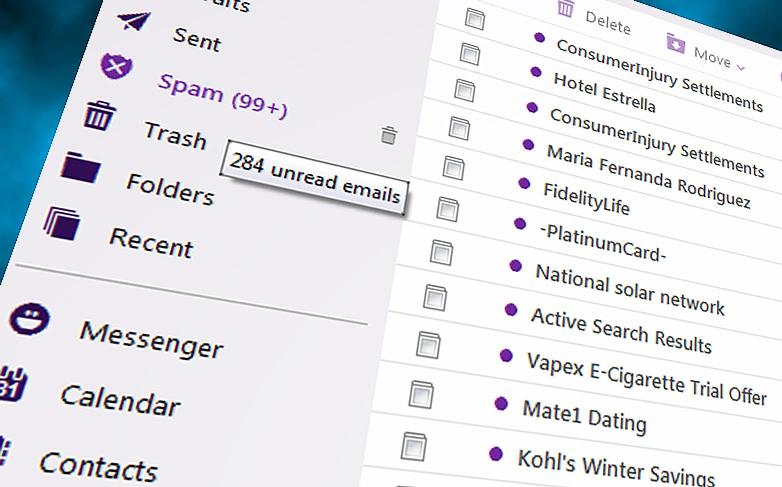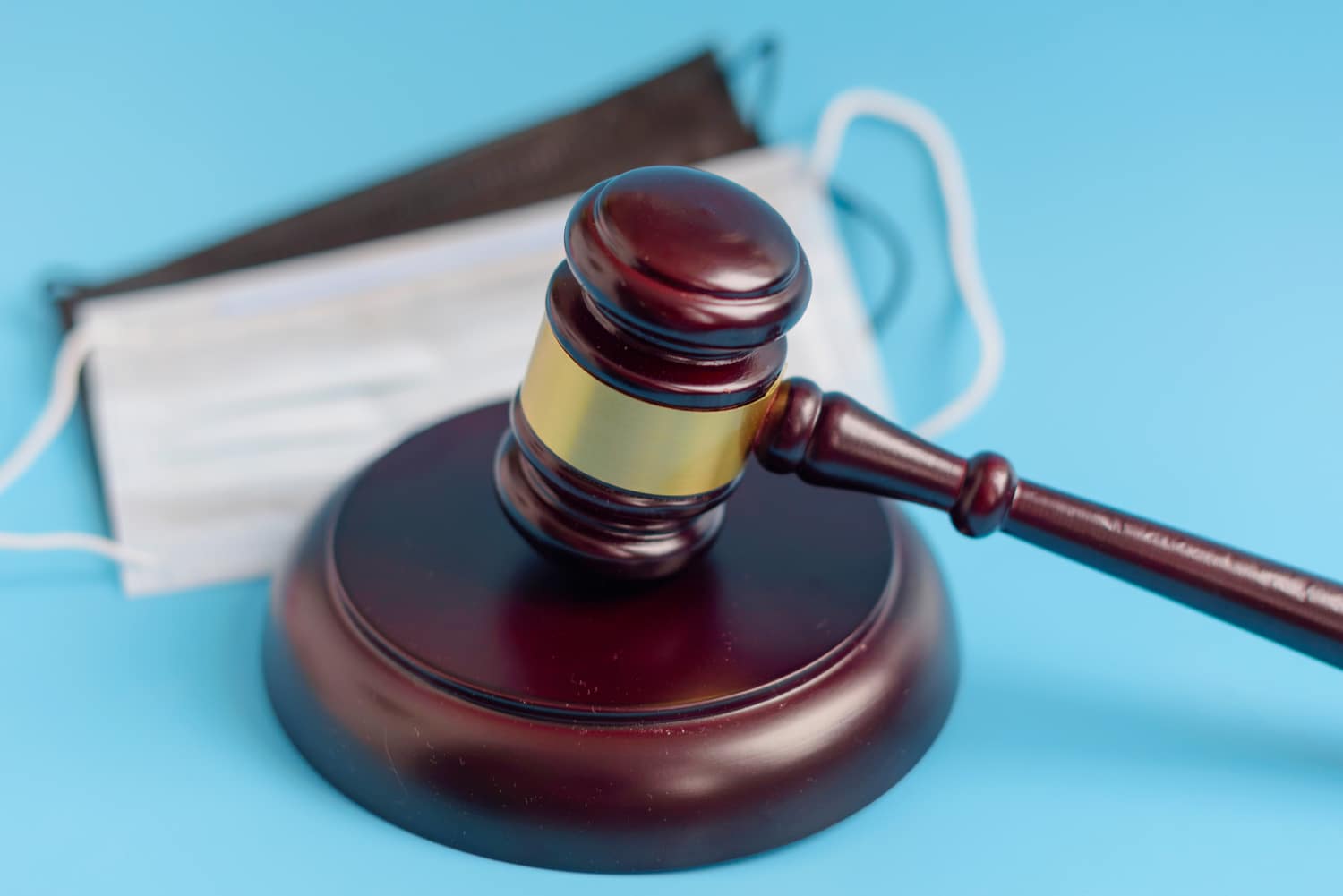
When investigators collect and compile relevant electronic information, they are engaging in a form of electronic discovery (e-discovery). Electronic discovery involves the process through with electronic data is sought and assessed for potential use as evidence in civil or criminal litigation. Digital data is extremely valuable (and potentially damaging) because of the relative ease through which it can be collected. Unlike paper documents, electronic records are difficult to destroy completely and are easy to access. Phone records, online activity, social media posts, photos, text messages, audio files, spreadsheets, and even malware can be collected, analyzed, and used as evidence.
Obviously, this means that e-discovery can have profound implications in any legal proceeding. Therefore, it behooves all of us to act ethically, responsibly, and with a modicum of etiquette when engaging with any sort of electronic device, but this is especially true for those who are involved in pending litigation. Far too often, we have seen plaintiffs destroy their personal injury case before it even began because of frivolous and irresponsible behavior on Facebook, YouTube, blog forums, and other online venues.
Despite the wide variety of online and electronic communications available, e-mail and social media tend to be the two forms of electronic activity that cause the most problems during legal proceedings. With e-mail, many people feel that they can be more casual and candid than they would normally be in an official letter or memo. This is likely due to a belief in the antiquated notion that since e-mail is both convenient and digital, it is somehow more casual and private than traditional modes of communication. It most definitely is not. E-mail correspondences are saved on your computer drives, and they are easily accessed by your employer, telecommunications provider, and even our own government.
With this in mind, you should treat your e-mail account as if it were part of public record because, in many ways, it is. Be polite and courteous, and keep things professional. And if you are currently involved (in any way) with pending legal action, never divulge any information that is even remotely related to the case in question. At some point, what you may have assumed were private conversations can quickly become thrust into the spotlight as courtroom evidence, potentially damaging a case beyond repair.
Like e-mail, social media is a blessing and a curse. On the one hand, sites like Facebook and Instagram have made it easier than ever to connect with our friends, family, and the world in general. It has allowed our society the capacity to become more informed and more interwoven. Unfortunately, it has also fooled us into believing the myth that our online activities are somehow divorced from reality and reside in some nebulous space where we can adjust our privacy settings to remain anonymous. Again, this just isn’t the case. In fact, an argument could be made that, for many, presence in social media circles has come to undermine and perhaps even supersede the tangible substance of day-to-day life.
Much like it is with e-mail, people wrongfully assume that their behavior on social media will have no effect on their personal and professional lives, despite the myriad examples of embarrassed and, in some cases, ruined athletes, musicians, actors, and politicians. When we participate in social media, we are tacitly agreeing that whatever we post, repost, like, tweet, etc. is a representation of our beliefs and values and is inexorably tied to our personas. Whether or not that is fair is up for debate, but the fact remains that our reputations are inherently linked to our social media behaviors whether we like it or not.
In most cases, social media participation isn’t going to be damaging. (Liking a picture of a puppy hugging a kitten probably isn’t going to cause much of a stir.) However, assuming a political stance or championing a social cause will always be divisive to some degree and can lead to unnecessary headaches down the road. Even more damaging would be for an individual involved in a personal injury case to post anything even tangentially related to the proceedings.
The defendant’s counsel can easily manipulate an individual’s online presence to destroy their character, and nothing is off-limits. If you’re drinking a beer with friends, you’re presumed an alcoholic. If you’re hugging a member of the opposite sex, you’ll seem promiscuous. If you’re taking a nap on your grandmother’s couch after Thanksgiving dinner, it is assumed that you’re lazy and unemployed. It may seem absurd (and it probably is), but these exaggerations unfold in courtrooms every single day.
When it comes to character, context is everything, so you want to make sure that you are controlling the conversation. The smartest thing to do is to terminate your social media profiles for the duration of the proceedings or until you consult with your attorney and decide that it is safe to resume cultivating your online presence. Short of that, politely ask your friends and family to remove any and all posts, photos, blogs, etc. that could be manipulated to portray you negatively. Absolutely do not post anything at all related to your case, and if anyone has thus far, ask them to remove it immediately. At some point, the defendant’s counsel can request a hold on your electronic activity, making it illegal to delete previous activity or to terminate your account, so it is best to be conscientious and proactive rather than reactive.
In addition to character assassination, the defendant’s counsel will pounce on any activity involving the incident in question. Luckily, preventing them from doing so is fairly simple: again, do not post photos or discuss the details of the incident anywhere online. Do not post photos or discuss the particulars of any injuries sustained as a result of the incident. Do not engage in any debate whatsoever regarding the incident with anyone. If your friends or family are involved in any of these behaviors, tell them to stop immediately and to delete the posts as soon as possible. If you follow these guidelines, you should be in a stronger position, but again, we strongly urge anyone involved in a personal injury case to either terminate or completely suspend their social media presence as soon as possible.
At Crosley Law Firm, we have a long tradition of protecting the rights of those who have been injured as the result of another party’s negligence. Our skilled and knowledgeable staff has years of experience successfully litigating personal injury claims, and we offer free consultations so that we can get all of the facts regarding your case and help you decide your best course of action – free of charge. In fact, we are so dedicated to helping you achieve optimal results in your case that we are willing to travel to your location to conduct the consultation if your injuries prevent you from visiting our offices. Please contact us today at (877) 535-4529 or visit us online to learn more about the Crosley Approach and how e-discovery works in civil litigation. We are always happy to assist new clients, and we look forward to successfully representing you in your personal injury case.
Reference:
Rouse, M. (2015). Electronic discovery (e-discovery or ediscovery). TechTarget. Retrieved from http://searchfinancialsecurity.techtarget.com/definition/electronic-discovery








